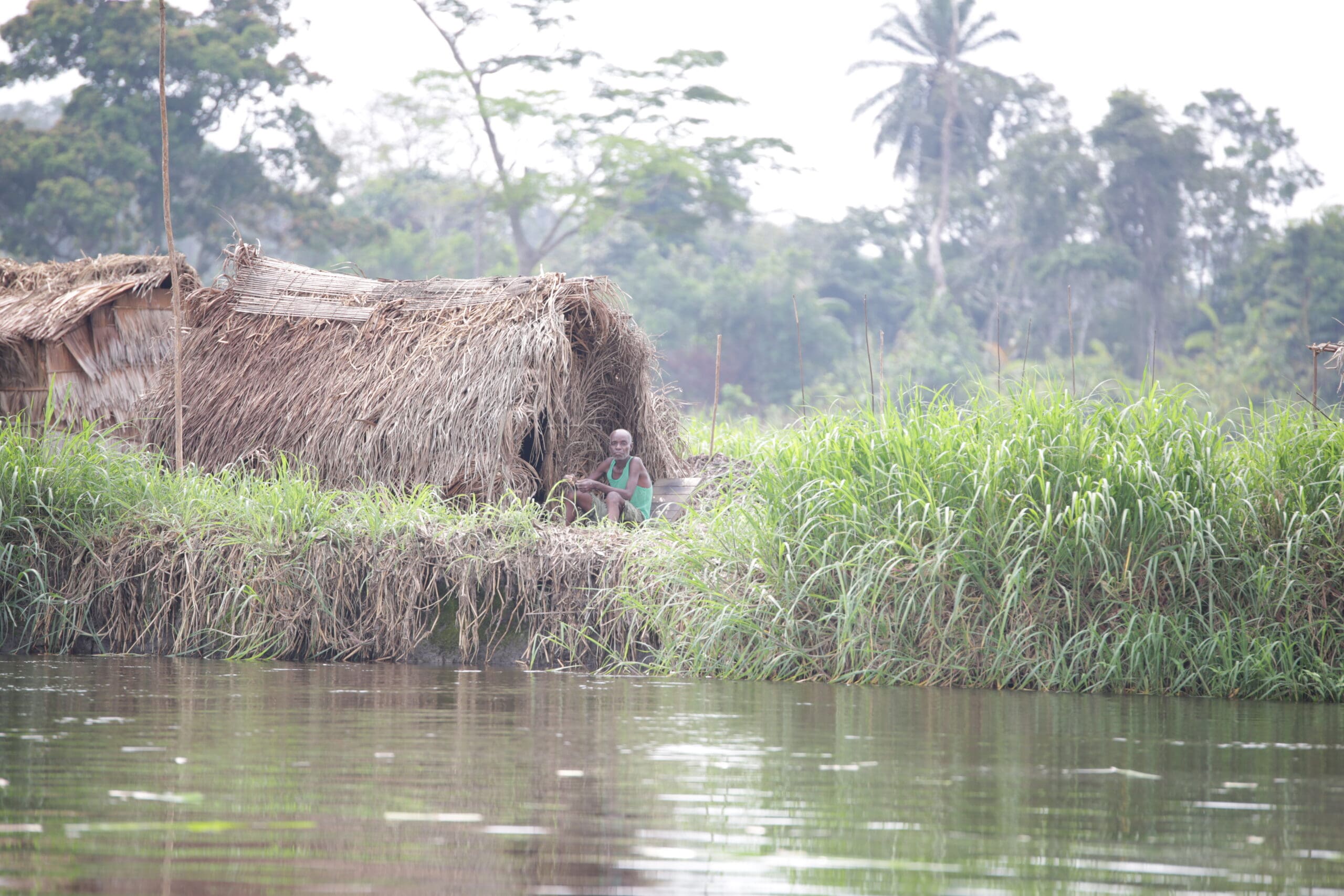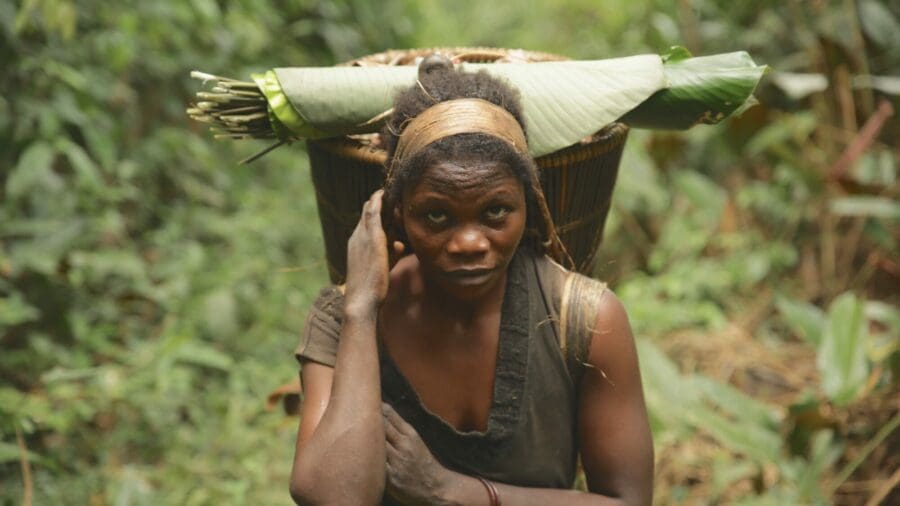
The bill, passed this month following years of advocacy led by RRI collaborator CTIDD, promotes inclusive and sustainable development of the DRC’s vast natural resources.
This October, the Democratic Republic of the Congo (DRC)’s National Assembly passed the country’s first-ever legislation on land-use planning. The historic bill’s passage was a result of years-long advocacy by civil society organizations led by RRI collaborator, Centre for Innovative Technologies and Sustainable Development (CTIDD in French).
With financial and technical support from RRI, CTIDD worked with national and local civil society organizations to advocate to ministries of land, agriculture, and forestry among others, as well as the National Assembly’s Land-Use Planning Commission and the Senate, to strengthen the law with progressive provisions and support its passage.
Why does land-use planning matter?
The DRC hosts 60% of the Congo Basin forests and some of the world’s most dense forests. The country’s most disadvantaged communities reside in and around its forests and largely depend on land for survival. Clarifying their land use and governance rights is essential to promoting community-led conservation and strengthening peace, security, and local livelihoods in the country.
Following its colonial legacy, DRC has struggled due to its lack of a legal and institutional framework for land-use planning. Such frameworks—if developed with effective participation from civil society—can become a strategic pathway to sustainable land governance and avoiding land conflicts.
Passage of any new legislation, however, is a long, unglamorous process, often backed by years of legal advocacy.
DRC has engaged in land-use planning reform since 2018. In addition to formulating a spatial planning policy, it has also adopted methodological guides for drawing up simple, local, and provincial spatial planning plans. Since 2019, CTIDD has played a key role in ensuring civil society and community participation in this reform process.
CTIDD was instrumental in coordinating participatory consultation involving civil society networks, which helped the Ministry of Land Use Planning produce a national land-use policy draft that was adopted by the Council of Ministers in October 2021 and sent to the Parliament for approval.
Before this draft was developed, CTIDD helped produce a document compiling existing legal rights to lands held by Indigenous Peoples and local communities. This document served as a useful technical and legal reference for civil society members on collective land use and ownership and as an entry point for their advocacy for further allocation of land and natural resources to communities.
In 2020 and 2021, CTIDD organized multi-stakeholder exchanges to ensure consistency and alignment of land use planning initiatives for greater security of land and land rights for DRC’s communities. In 2022, with the collaboration of civil society organizations and the national land-use planning reform cell, it developed and tested a guide on developing a Simple Plan on Land Use in several provinces as part of national land-use policy implementation. All this was achieved via dialogues with key government actors in collaboration with the Ministry of Land Management.
When the process of drafting this law was suspended by parliamentary deputies in May 2022, CTIDD mobilized civil society experts to produce a position paper on the importance of land use planning in the country’s development and managing conflict arising from overlapping land titles.
What will the new bill do?
The new bill sets out guidelines aimed primarily at strengthening DRC’s regulatory and legal framework to:
- Better coordinate various sectoral policies that affect community territories and resolve conflicts arising from land use.
- Promote balanced territorial development that takes full account of the value of forest ecosystems in general, sustainable management of natural resources, and preservation of areas serving vulnerable and disadvantaged communities.
The bill also introduces several innovations based on community governance of territories, such as:
- Participation of all key stakeholders including the state, civil society, private sector, vulnerable groups, women, youth, local communities, and Indigenous Pygmy Peoples in consultations on the definition of land use choices prior to allocating land at provincial and local levels.
- Gathering of Free, Prior, and Informed Consent (FPIC) from Indigenous and local communities before the implementation of any project likely to affect their rights.
- Fair and prior compensation for communities in the event of eviction or expropriation of their resources.
- Introducing concepts such as functional spaces and urban corridors that offer appropriate spatial frameworks for the development and implementation of zoning and land use policies. These also provide the means to strengthen the collective land rights of Indigenous Peoples who are now legally recognized.
The passage of this bill is just the beginning. The next key steps are to ensure that the bill is signed into law by the President and implementated by local and provincial governments. This will be followed by a campaign by CTIDD and RRI’s national partners in DRC to raise the law’s awareness among communities and the collective development of a national action plan for its implementation to ensure that it fully achieves its objectives in the months and years to come.






